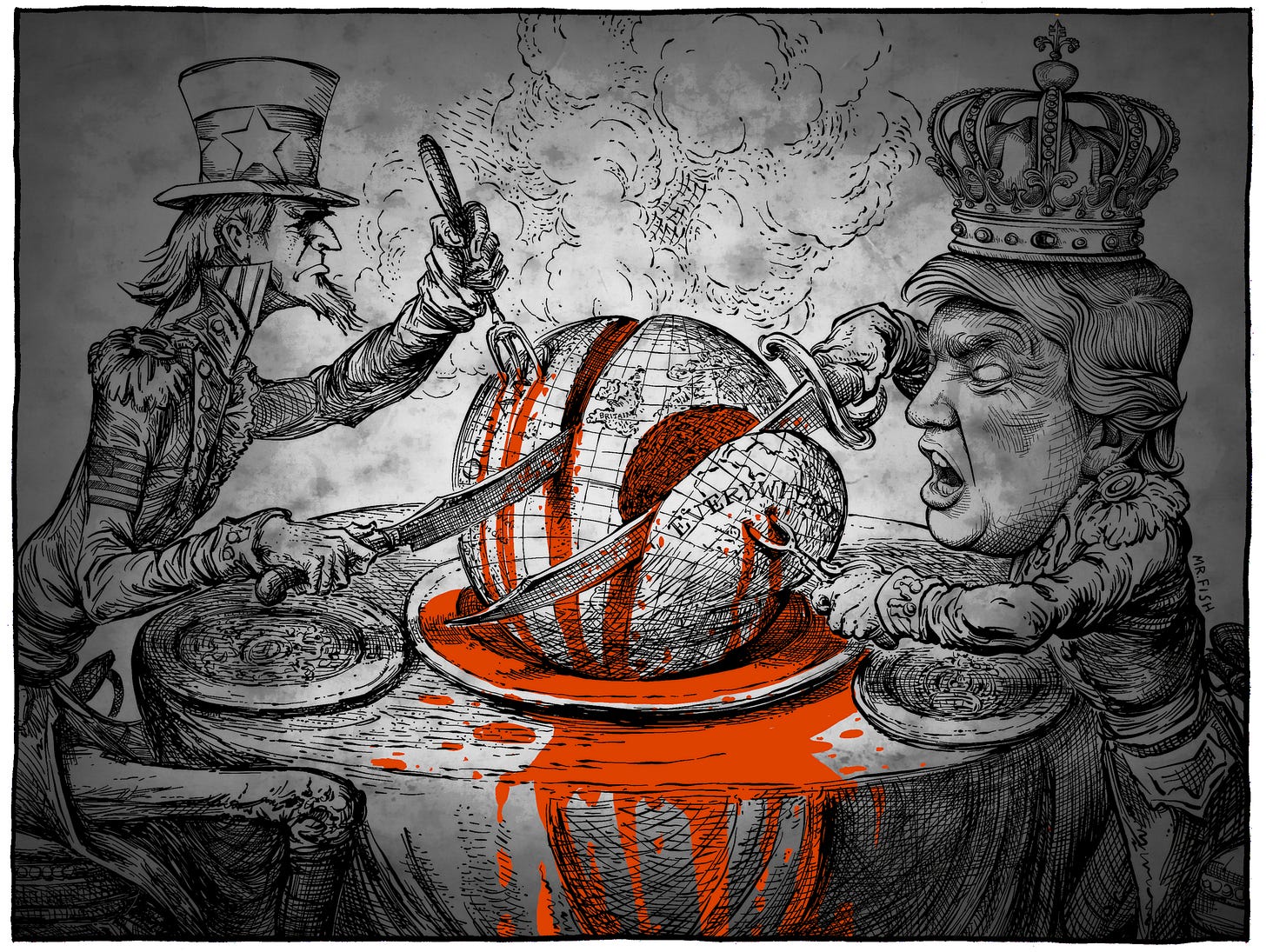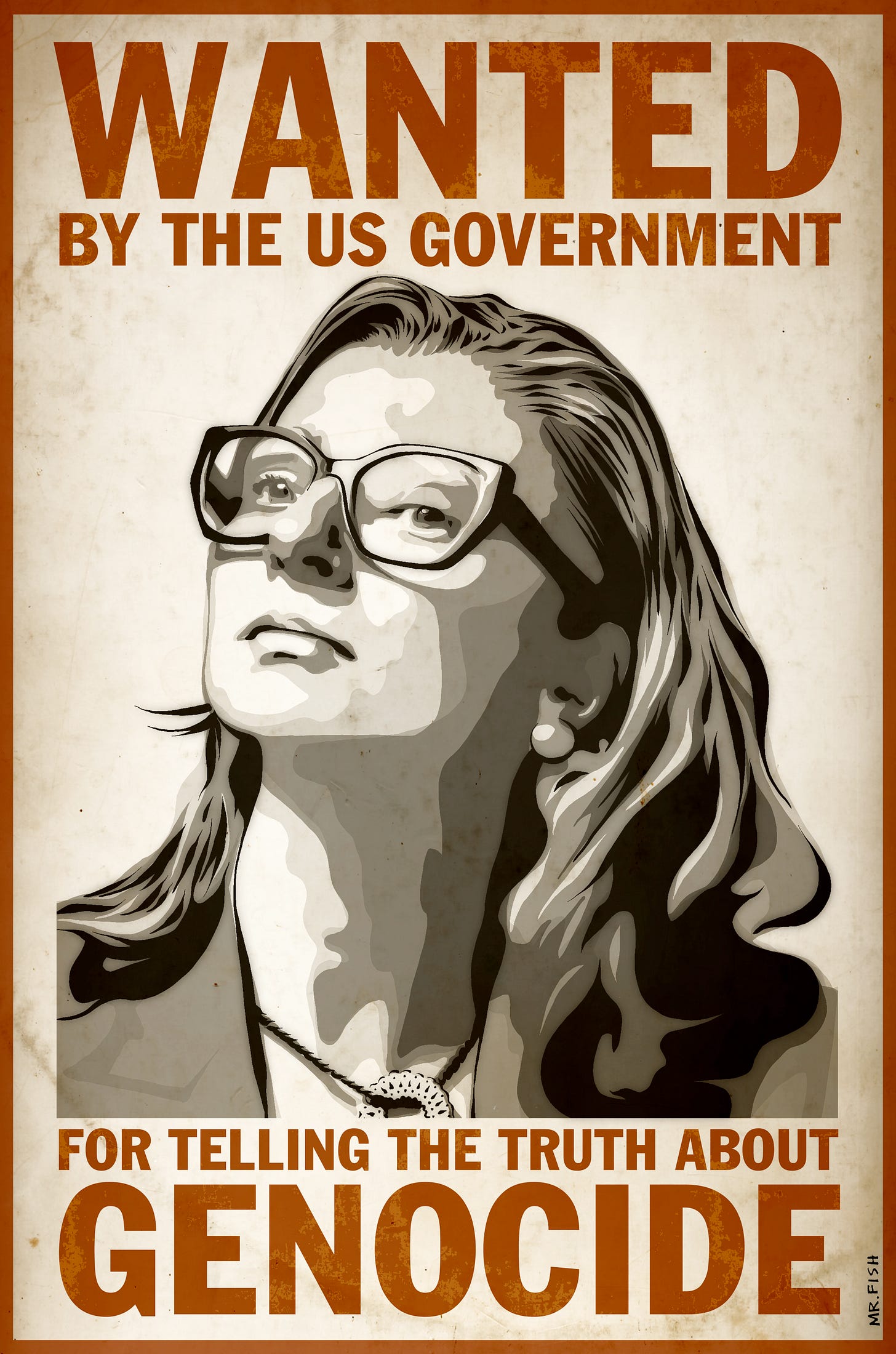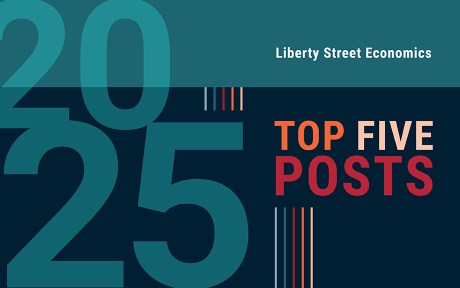While the Federal New Democratic Party could never rely on a majority of union members’ votes, that support now appears as elusive as ever. Indeed, formal ties between the NDP and the labour movement are considerably weaker than they were at the time of the party’s birth in 1961. The crisis of social democratic electoralism, the impact of campaign finance reform, and ongoing concerns about the party’s electoral viability have all contributed to a weakening of the union-party link.
However, the loosening of ties between labour and the NDP has not shifted the landscape of labour politics in the direction of a more left-wing brand of working-class politics as some on the labour left had hoped. Rather, the opposite has occurred, as evidenced by the clear emergence of fair-weather and transactional alliances with Liberals and Conservatives as the main alternative to traditional partisan NDP links in the realm of electoral politics.
History and Institutional Links
When the NDP was founded in 1961, it was heralded as the political voice of Canada’s labour movement. Born from a partnership between the Canadian Labour Congress (CLC) and the Co-operative Commonwealth Federation (CCF), the party’s architects envisioned the NDP would realign Canadian politics along a left-right axis and unite workers under a single political banner. Yet, despite the initial fanfare, the relationship between the NDP and unions was never as strong as many assumed—and in recent years, it has only grown weaker.





